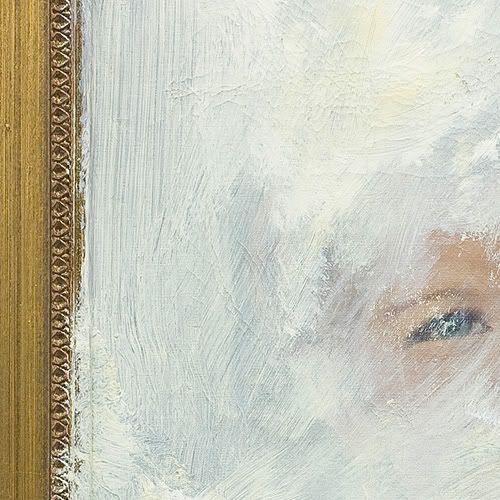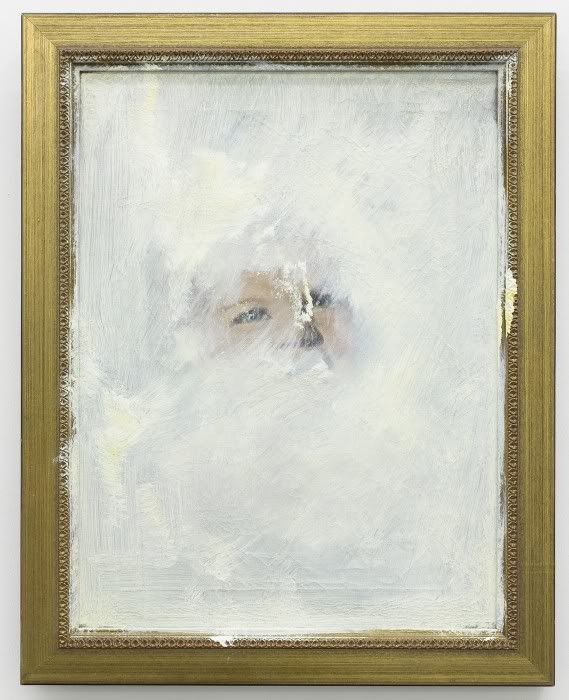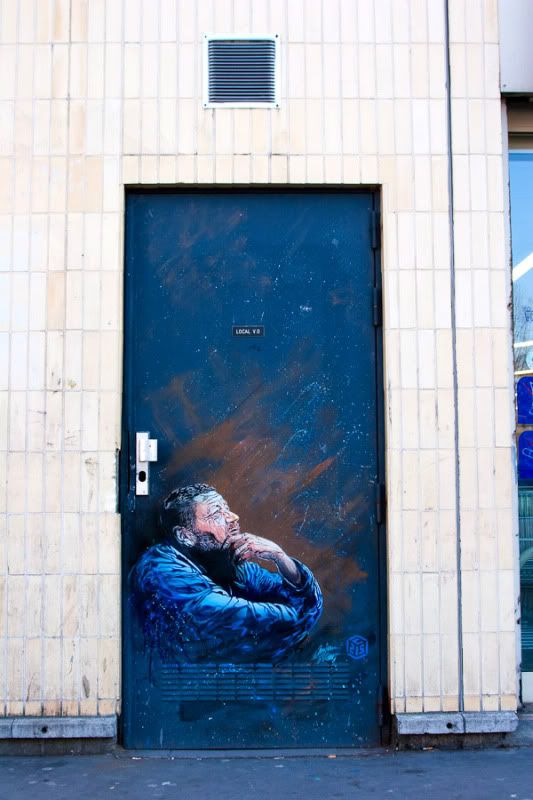I’ve published since that first inking, and I still have a hard time sharing that fact with people. Why? Well, it’s not just the “smart kid syndrome.” Instead, it’s because so many of my writer peers annoy me on a daily basis. If they’re not promoting themselves on their blogs or via their Facebook statuses, then they’re shooting out form emails asking me to buy the issue in which their gem is tucked.
This isn’t to say that I am unhappy when I hear about my friends, acquaintances, and coworkers finding success – I attended Hollins University, a space that encourages community (i.e. friends reading friends, interdisciplinary lovefests, dining hall pow wows about the things we're reading, the thrill of reading one another’s work, etc.). I love it when a friend shoots me an excited text or email about a publication. I loved the feeling when I helped a friend published her short story (i.e. Fugue, a stunning space for words).
The difference seems to be in self-promotion. I grumble like my father used to when people market themselves or “network” with other writers. We’re outsiders anyway; why the heck are we trying to promote ourselves?
Perhaps I’ve attached something too holy to poetry. Perhaps I just want my friends to relish in their work without seeking the approval of an over-caffeinated and over-worked editor. Perhaps I just want the emails to be more personal and to not include a link asking me for $10 in exchange for three copies of a journal I do not have time to read.
Perhaps I need to be less grumpy and close-minded about this. I mean, after all, I didn’t like Gertie Stein the first time I read her: took me three years, a fierce professor (Cathy H.), and some heavy-duty reading and evolving before I could make sense of Tender Buttons.


-- Elbert Hubbard









